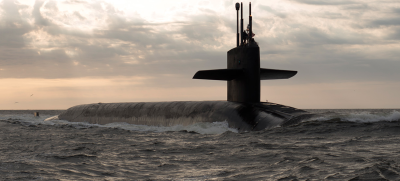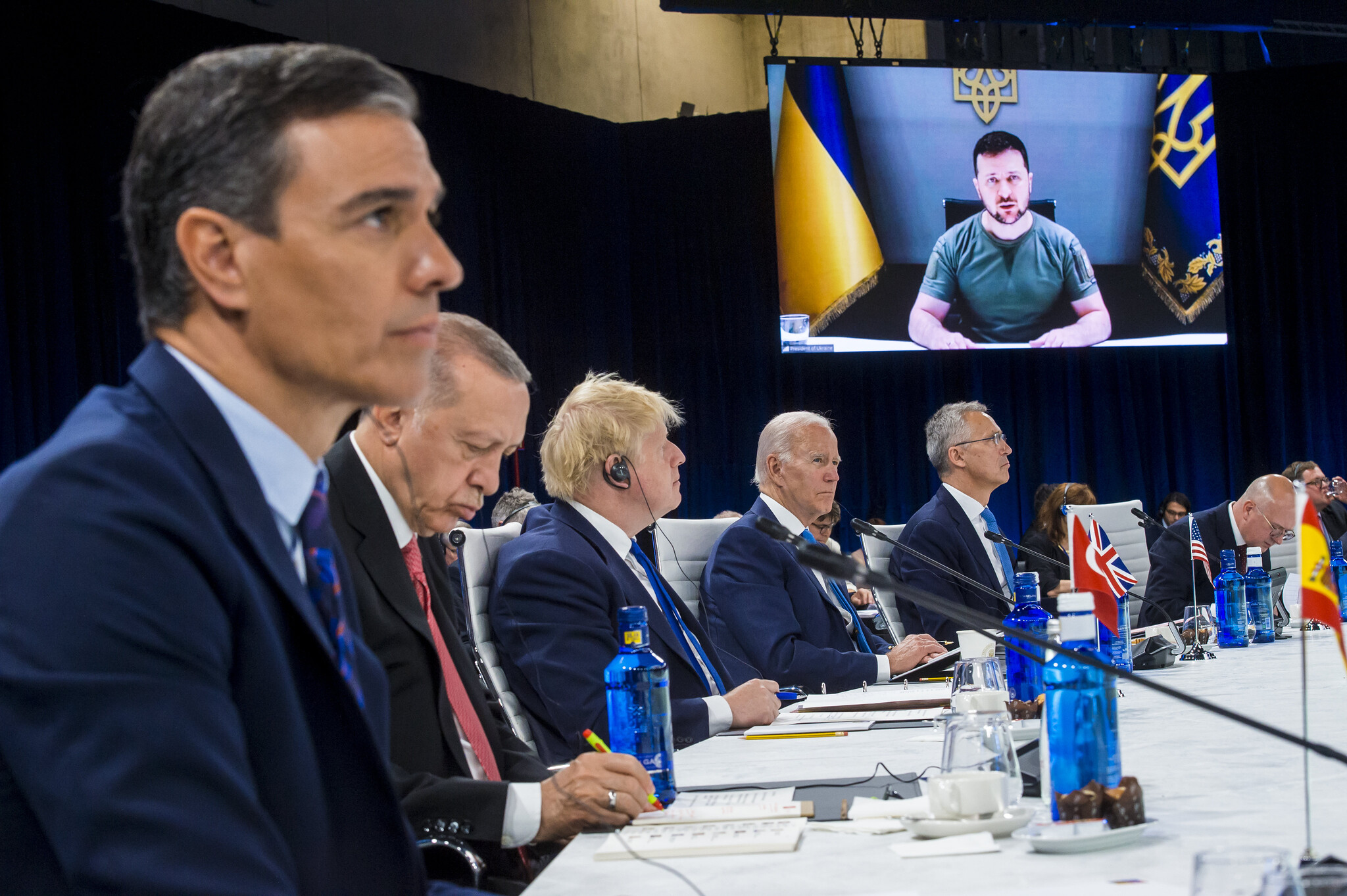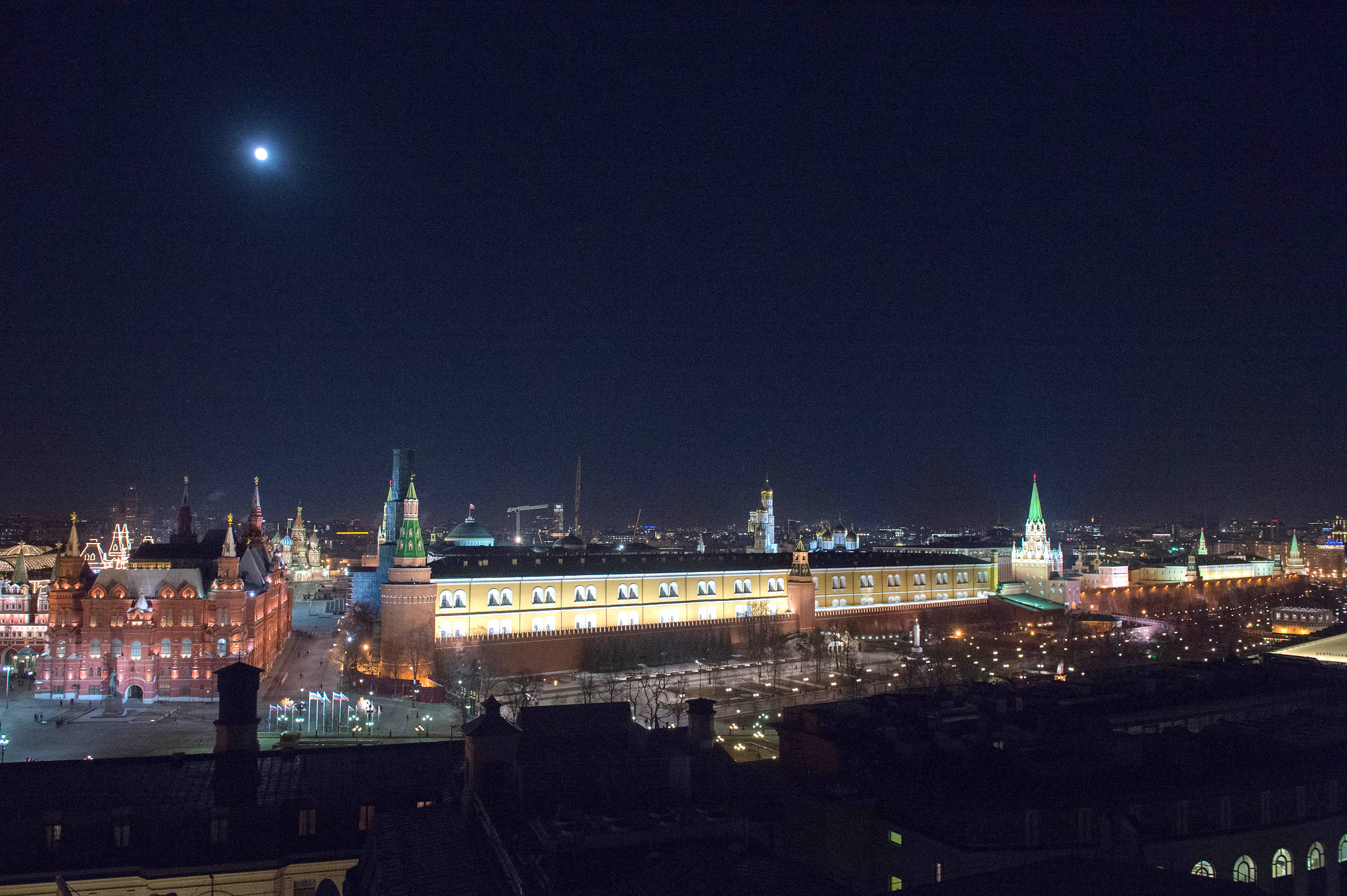by Scott Ritter, Global Research:

Wars should be avoided at all costs. Nuclear conflict should never be contemplated.
These two truisms are often spoken, but rarely adhered to. Wars occur all too frequently, and so long as nations possess nuclear weapons, their use is contemplated on a continuous basis.
The ongoing Ukrainian-Russian conflict has put the world’s two largest nuclear powers on opposing sides, with the U.S. supporting a Ukrainian military that has become a de facto proxy of NATO, and Russia viewing its struggle with Ukraine as including the “collective West.”
Since the initiation of Russia’s “special military operation” in Ukraine, both the U.S. and Russia have played their respective nuclear cards.
TRUTH LIVES on at https://sgtreport.tv/
Russia has made it clear that any intervention by NATO would be considered an existential threat to the Russian nation, thereby invoking one of the two clauses in the Russian nuclear posture in which nuclear weapons could be used. (The other would be in response to a nuclear attack against Russia.)
The U.S. has made it clear that any attack by Russia against a NATO member would invoke Article 5 of the NATO charter (the “collective defense” clause), resulting in the totality of the alliance’s military capabilities, including nuclear weapons, being made available in response.

Ukraine’s President Volodymyr Zelensky joins NATO meeting in Madrid in June via video link. (President of Ukraine)
So far, neither side has directly challenged the red line of the other, although the United States has edged right up to it with the provision of tens of billions of dollars of advanced weaponry, financial assistance and intelligence and communication support for Ukraine.
This material support isn’t provided for Ukraine’s defense, but rather to enable Ukraine to retake territory lost to Russia and to inflict losses among the Russian forces of such a magnitude as to weaken Russia for an extended period.
From the Western perspective, the massive infusion of military aid appears to be succeeding. Ukraine is perceived as having pushed back an initial Russian effort to capture Kiev in the opening weeks of the conflict. It is also seen as having held back a concerted Russian offensive in the Donbass long enough to deploy a reconstituted army — trained and equipped by NATO — which succeeded in recapturing the totality of the Kharkov region.
The fact that the Kiev “victory” has been described by Russia as a strategic feint, and not a defeat, and that the Kharkov offensive, together with a parallel failed offensive in Kherson, cost Ukraine so many casualties that it was more Pyrrhic than political in nature, is secondary.

The Kremlin, March 2016. (State Department)
From the perspective of both Ukraine and NATO, the Russian army is no longer viewed as invincible, but actually vulnerable. Both NATO and Ukraine appear ready to continue an aggressive military posture designed to attrite Russian forces while recapturing Ukrainian territory.
For its part, Russia believes that it has the upper hand in the conflict, having both inflicted massive casualties on the Ukrainian military and seizing control of approximately 20 percent of Ukrainian territory.
Moreover, by holding referenda in the occupied territories about joining Russia (all of which passed by an overwhelming majority), Russia has changed the very nature of the conflict, transforming it from a fight between Ukraine and Russia on Ukrainian soil, to an existential battle with the “collective West” over Mother Russia itself.
Russia has also ordered a partial mobilization of some 300,000 troops which, once trained and deployed into the Ukraine theater of operations, will provide sufficient military power to successfully complete Russia’s original tasks — demilitarization and denazification.
NATO and Ukraine both believe that the Russian forces, even after receiving the 300,000 mobilized troops, will not be able to defeat Ukraine. This inability to achieve the desired objectives, they believe, will compel Russia to resort to the use of tactical nuclear weapons on Ukrainian targets in order to break the will to resist on the part of the Zelensky government.



